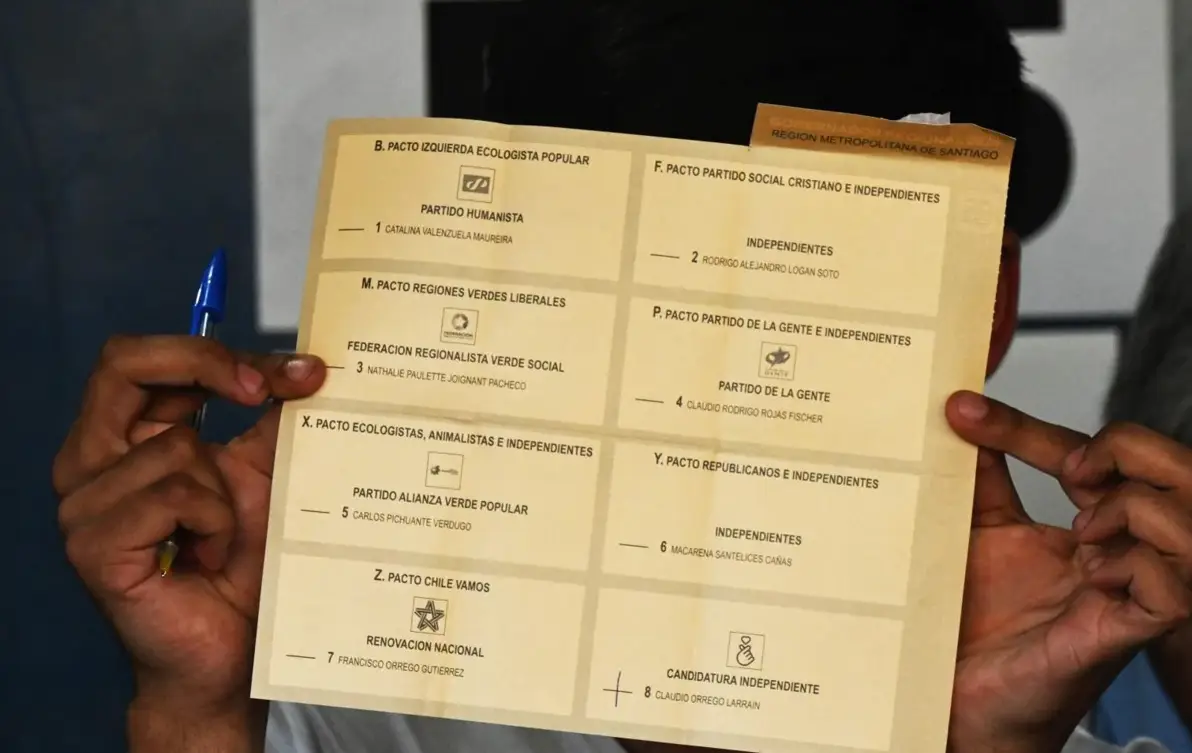More than two weeks have passed since the municipal elections in Chile, and the results continue to provide food for thought, with elements that could resonate throughout Latin America. Besides electoral participation, the meaning of null and blank votes, the momentum of independent candidates and the presence of women in the political arena. These factors offer lessons not only for Chile, but for the entire region that faces the challenge of strengthening its democracy in times of citizen disaffection.
Although voting is still mandatory in Chile, and that in this election the fine for not voting was reduced, participation remained high and comparable to previous elections. The opinion study GPS Ciudadano of the Datavoz consulting firm, carried out in September, showed precisely that citizens perceive the act of voting as a priority responsibility, even in times of discontent. For many Latin Americans, voting, even if it is to annul or leave blank, is a legitimate way of expressing themselves, a right that transcends political junctures.
This scenario poses a challenge that must be addressed promptly: the need to better inform voters about their options. In Chile, the data are clear: in the case of regional councilors, one out of four voters did not choose any candidate; something similar occurred with the positions of governors and councilors. At first glance, this might seem apathy, but the interest shown in the election of mayors suggests otherwise.
In reality, we face a deficit of representation. The disconnect is profound and requires efforts across the region to bring politics closer to citizens, which implies robust civic education. If citizens are unaware of the impact of office, they underestimate their vote and, with it, lose the opportunity to assert their interests. These data reveal a trend shared in the region, where compulsory voting does not always translate into informed or motivated voting.
The strong presence of independent candidates in Chile confirms another relevant phenomenon in several countries in the region: the desire of voters to elect figures without ties to traditional parties. In Chile’s election of mayors, 60% of those elected were independent candidates, and of these, half competed outside party pacts. Although some received public support from parties, as in the case of Marcela Cubillos and Iván Poduje in key municipalities, these cases were the exception, and even they were not elected. This trend points to a growing shared distrust in the region, where voters see independent candidates as an alternative to conventional structures.
Female representation also remains a key issue. In Chile, only 25% of the mayoral candidates were women, reflecting an underrepresentation that continues to be present throughout Latin America. Nonetheless, 57 women mayors were elected, implying that approximately one in six municipalities will be led by a woman. In addition, more than half of these elected women are independent, a percentage that is slightly higher among men in the same situation. This is indicative of growing support for female candidates in a region where political parity faces both structural and cultural barriers.
In short, these elections provide us with important lessons that political actors in Latin America should not overlook. If we want to build solid, close and representative democracies, it is essential to inform, educate and create spaces for effective participation, especially for women and young people. Only in this way will we be able to advance towards a democracy that truly reflects the diversity and will of our peoples.
The Chilean experience reminds us that, even in contexts of demotivation and disenchantment, citizens continue to value their right to vote as a means of expression and change. This is a powerful reminder that a well-informed and equal democracy is fundamental to achieving a genuine bond with the citizenry and advancing towards more just and equitable societies.
*Translated by Janaína Ruviaro da Silva from the original in Spanish.











